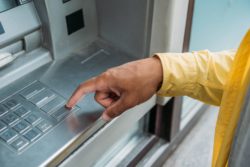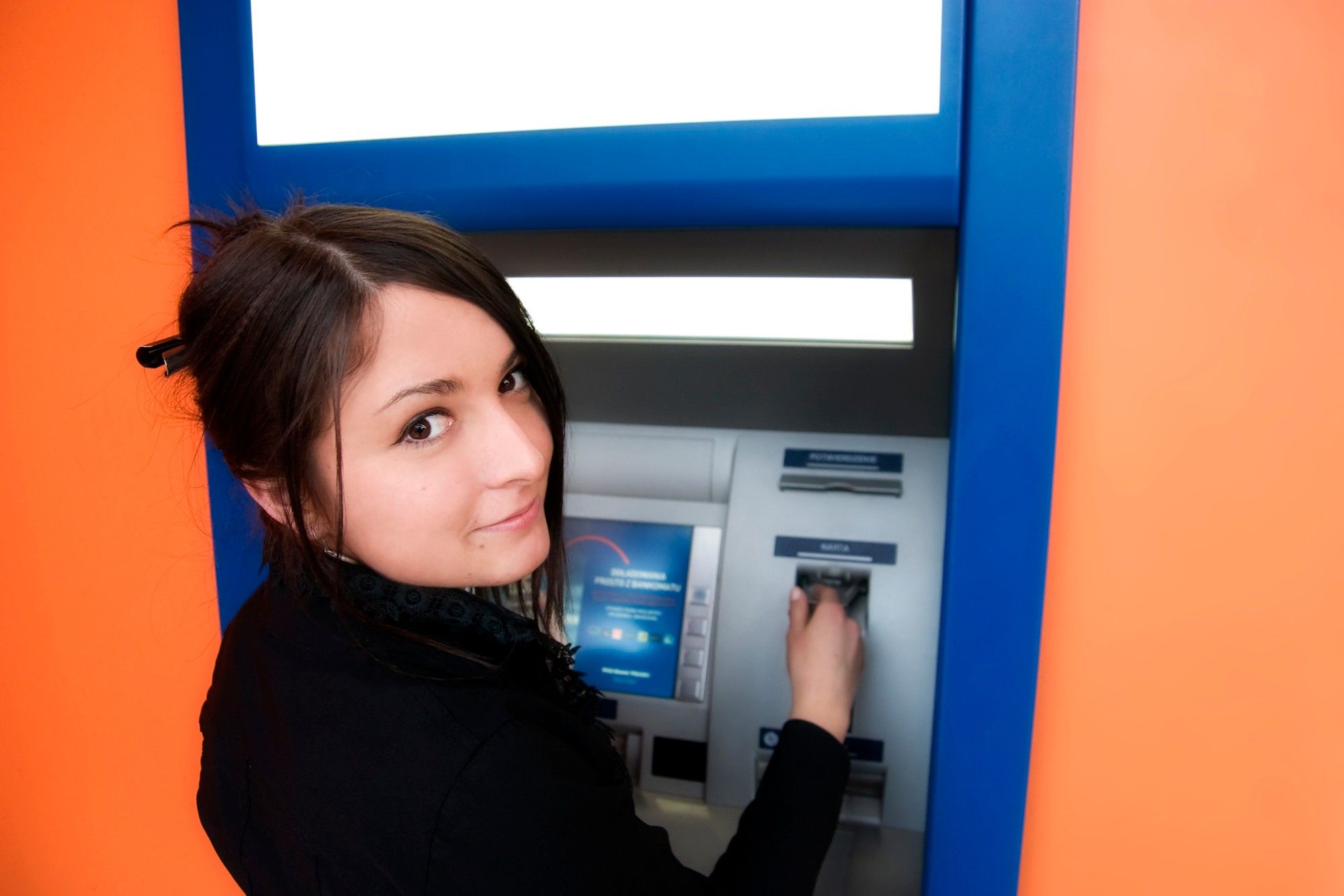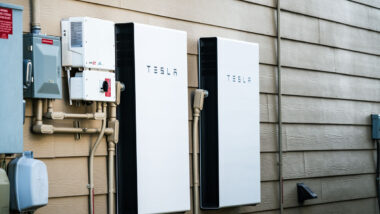Top Class Actions’s website and social media posts use affiliate links. If you make a purchase using such links, we may receive a commission, but it will not result in any additional charges to you. Please review our Affiliate Link Disclosure for more information.
According to consumer reports, banks and credit unions including Chase Bank may be assessing inappropriate ATM fees when consumers withdraw money or check their balance.
What ATMs Are Free for Chase Accounts?
Chase Bank is a national bank based out of New York City. The bank has total assets of more than $2.6 trillion, and serves approximately half of all households in the country. In addition to operating approximately 5,100 branches, Chase Bank owns more than 16,000 ATMs across the U.S.
According to the Chase Bank fee policies, customers may be subject to different fees depending on which type of account they hold with the bank. While customers who hold Chase Sapphire Checking accounts may be able to use any out of network ATM without incurring a fee, and Chase Premier Plus Checking customers can get up to four out of network ATM fees reimbursed each month, the cost for Chase Total Checking account holders to use an out of network ATM is $2.50.
However, according to consumer reports, some customers have been charged multiple fees for using ATMs, even when these charges were not disclosed in Chase’s fee policies or during the transaction.
When Does Chase Charge ATM Fees?
If you hold a Chase Premier Plus Checking account or a Chase Total Checking account, you may be assessed a $2.50 fee for using an out of network ATM. In addition to being assessed a fee by Chase, you may also be assessed a fee by the financial institution that owns the ATM you chose to use. These fees may be assessed for withdrawals, transactions, or even just checking your available balance.
The cost of these fees may range from $1.50 to almost $5. For consumers who did not anticipate being charged to withdraw their own cash, this can quickly add up. Additionally, some consumers claim that they were not warned that a Chase ATM fee would be assessed when using an ATM.
According to the Electronic Fund Transfer Act, which governs the ways that consumers are able to manage their money via electronic services, ATM fees must be disclosed to customers before these fees are charged against a customer’s account. Generally, customers who use an out of network ATM are warned about any applicable fees by a pop up that notifies them of the cost of the fee and requires them to agree. However, some consumers claim that they were not warned about impending ATM fees.
When Is an ATM Fee Improper?
ATM fees may be improper if they were assessed without the customer’s knowledge, or if they were assessed for actions that are not supposed to warrant a fee. According to some consumer reports, clients have been assessed two fees when using ATMs. The first fee is related to a balance inquiry, and the second fee occurs when the customer withdraws cash.
As these fees may be assessed by both Chase and the owner of the ATM, it may be extremely expensive for account holders to withdraw money. Additionally, some consumers claim that charging separate fees to check their balance and withdraw cash is deceptive and unfair.
Can You Get a Chase ATM Fee Reimbursement?

If you believe that you have been assessed improper ATM fees by Chase Bank in California, you may also be able to pursue compensation for these hidden fees through a class action lawsuit.
Have There Been Any ATM Fees Class Action Settlements?
Previous class action lawsuits filed against banks regarding improper ATM fees have resulted in settlement agreements and payouts for victims. One class action lawsuit filed against Capital One Bank resulted in a settlement agreement of $13 million in 2020. In that case, some consumers had reported being charged up to $7 in fees for withdrawing $20. The plaintiffs called these excessive fees unfair and unconscionable. Although Capital One did not admit to any wrongdoing, the bank agreed to settle the case and pay out financial awards to class members.
$66.7 M Settlement in Chase ATM Fee Class Action Lawsuit
Chase, Wells Fargo, and Bank of America have reportedly agreed to pay $66.7 million to exit a class action lawsuit alleging they schemed to artificially inflate ATM fees for consumers. Under the terms of the settlement agreement, Chase will reportedly pay $19.5 million of the nearly $67 million total.
Three class action lawsuits were filed against the banks alleging they worked together to drive up ATM fees for customers. The banks did this through contracts with major credit card companies that prevented independent ATM operators from lowering their prices, according to the lead plaintiffs in the case.
According to legal news service Law 360, the plaintiffs alleged that had these contracts not been in place, regular consumers would have paid lower ATM fees in general. The conspiracy between Chase, Wells Fargo, and Bank of America allegedly set a floor on ATM fees and did not allow “natural price competition” to operate.
The claims were reportedly consolidated in 2011 and also named Visa and MasterCard as defendants. Though the consolidated action was originally dismissed, it was revived on appeal. Class action allegations concerning Visa and MasterCard’s part in the scheme are reportedly not a part of this settlement agreement.
The multimillion dollar settlement “demonstrates the strength of plaintiffs’ case,” the attorneys for the plaintiffs reported. According to settlement documents, there could be up to 215 million consumers affected by this ATM fee class action settlement.
Speaking with an experienced attorney about the details of your case may be the first step towards pursuing reimbursement for improper Chase ATM fees.
Join a Free ATM Fees Class Action Lawsuit Investigation
If you were charged ATM fees without notification when you used an ATM machine, you may qualify to join this ATM fees class action lawsuit investigation.
Attorneys are currently seeking consumers who were charged unexpected ATM fees by banks and/or credit unions in California to potentially serve as a plaintiff in a class action lawsuit.
This article is not legal advice. It is presented
for informational purposes only.
ATTORNEY ADVERTISING
Top Class Actions is a Proud Member of the American Bar Association
LEGAL INFORMATION IS NOT LEGAL ADVICE
Top Class Actions Legal Statement
©2008 – 2024 Top Class Actions® LLC
Various Trademarks held by their respective owners
This website is not intended for viewing or usage by European Union citizens.















